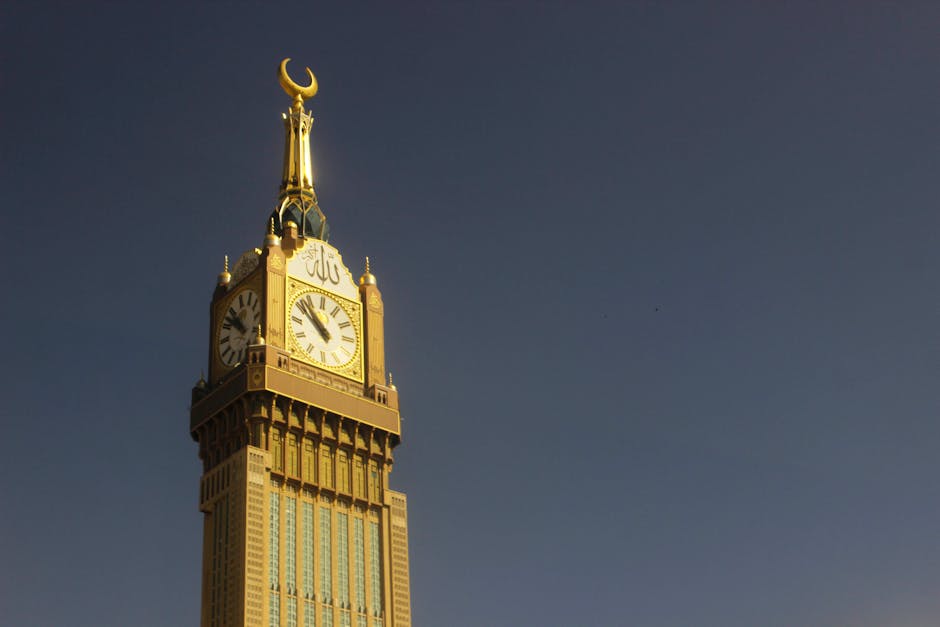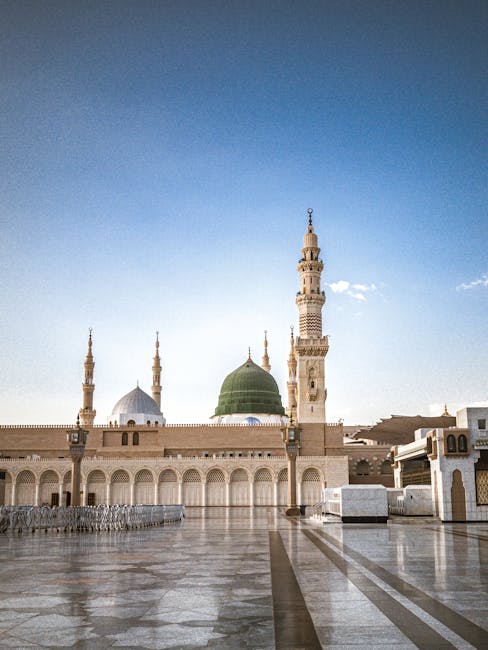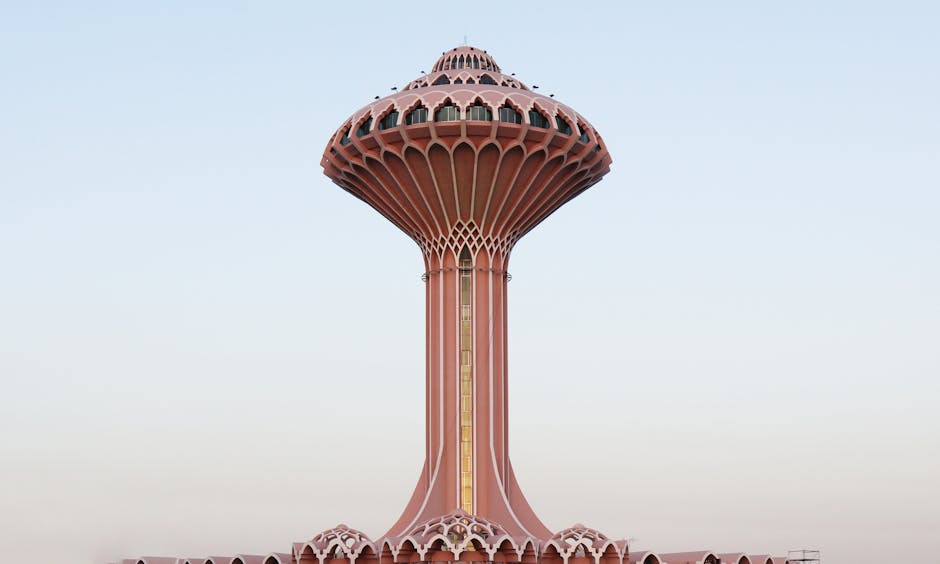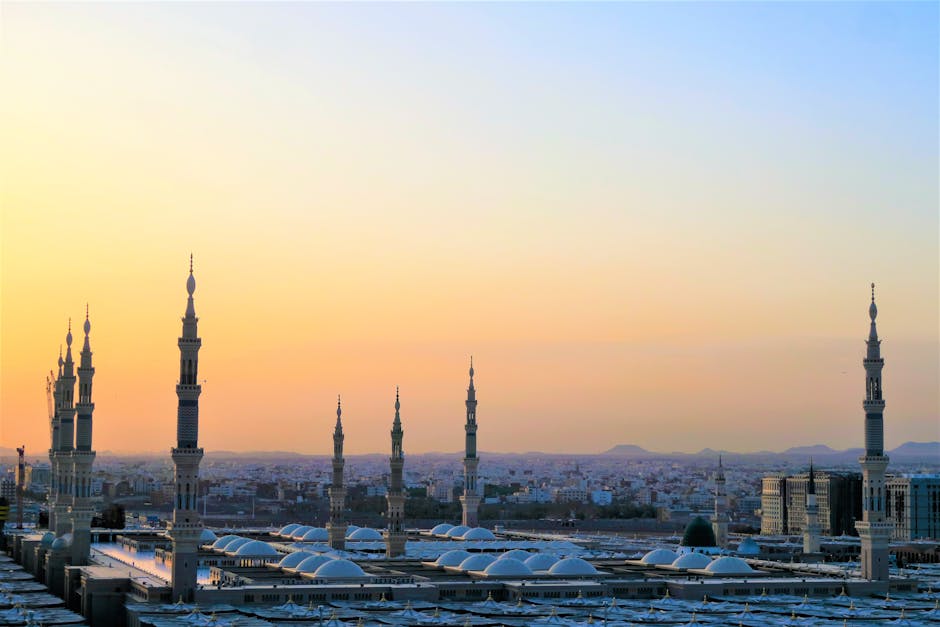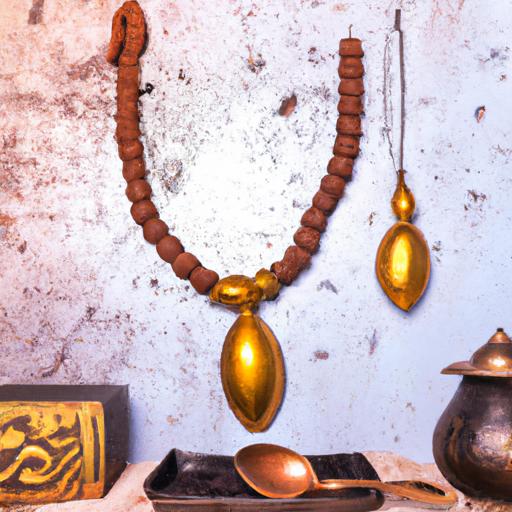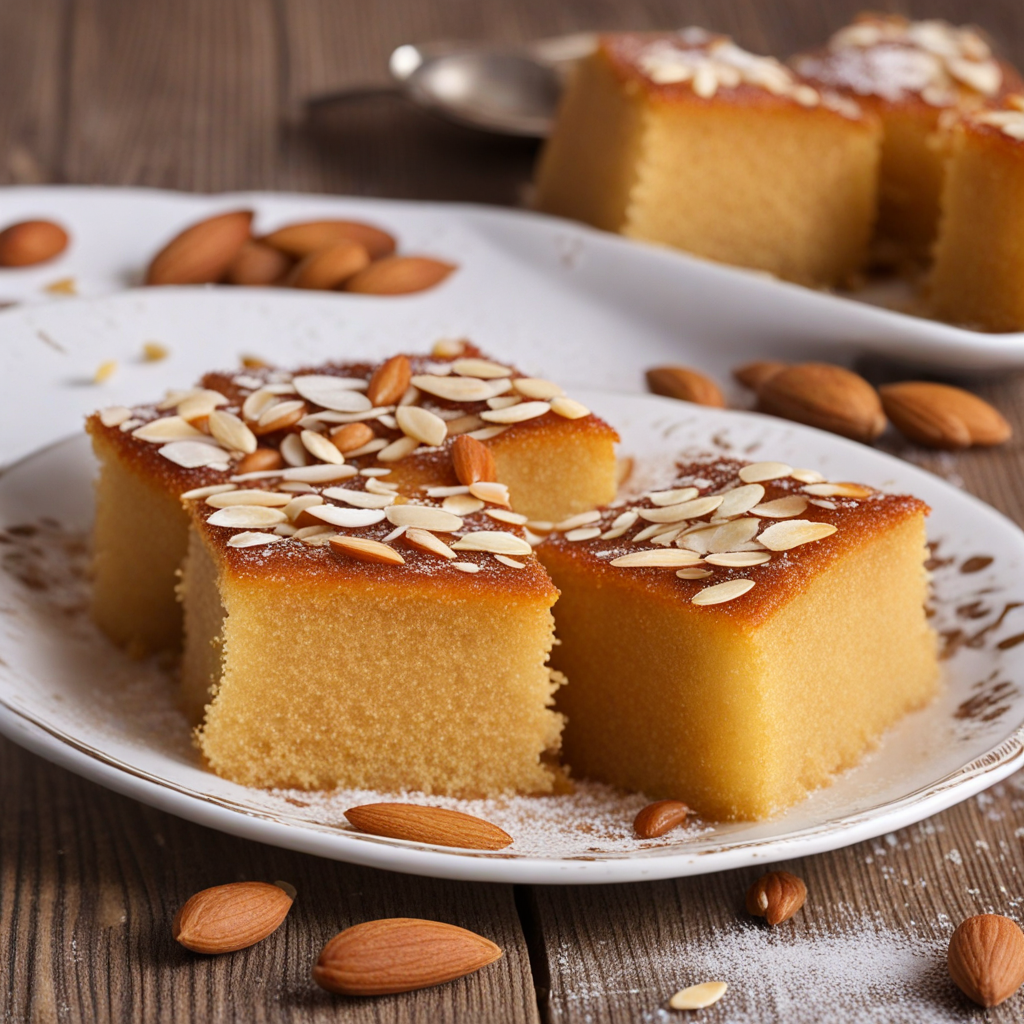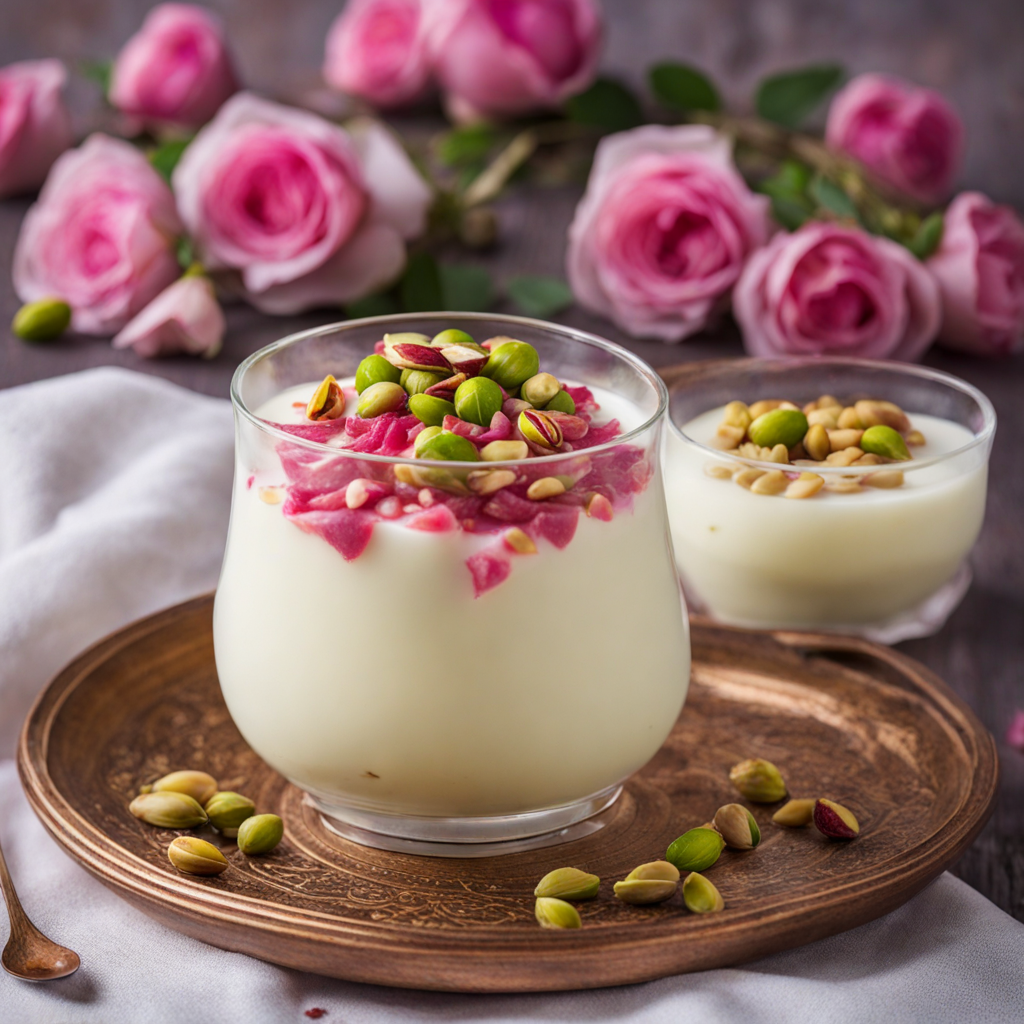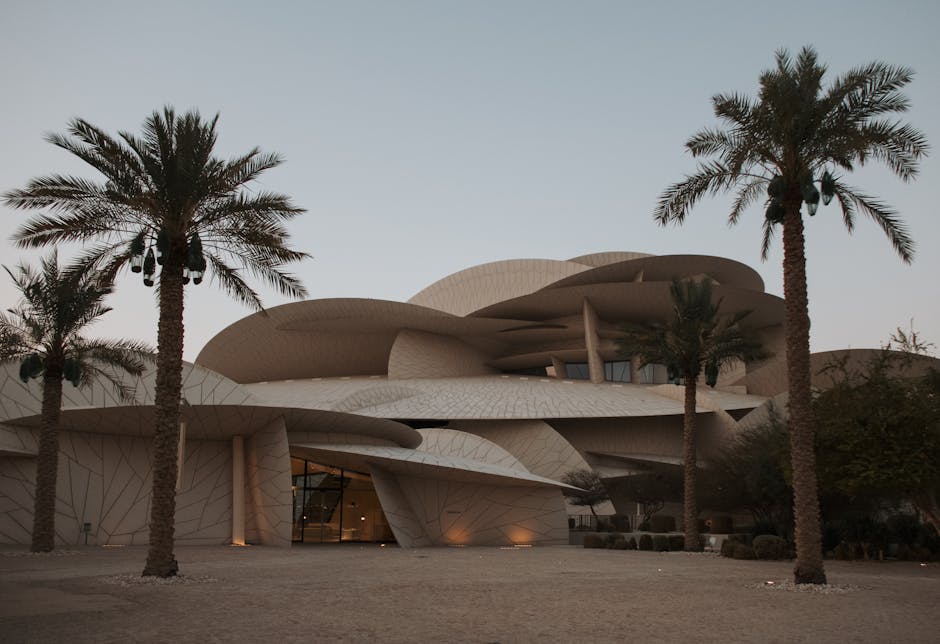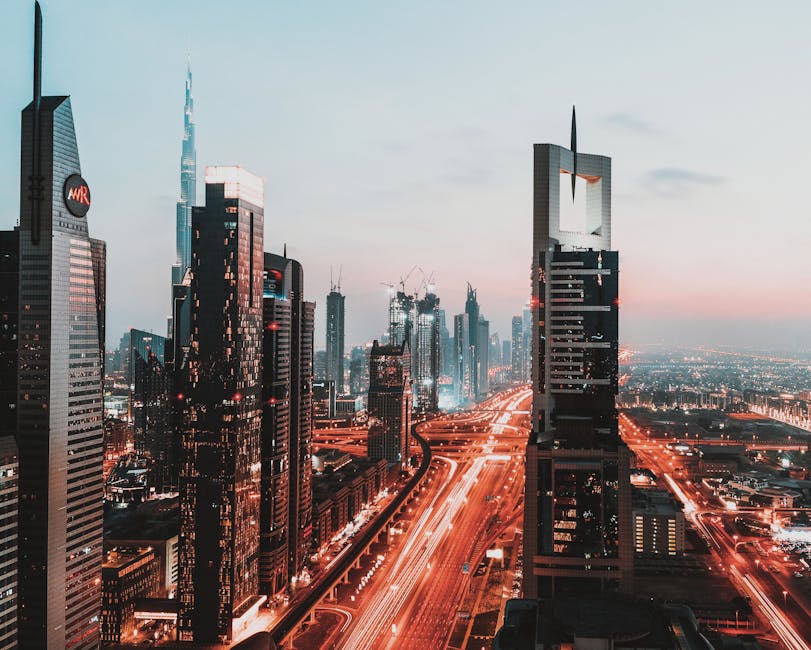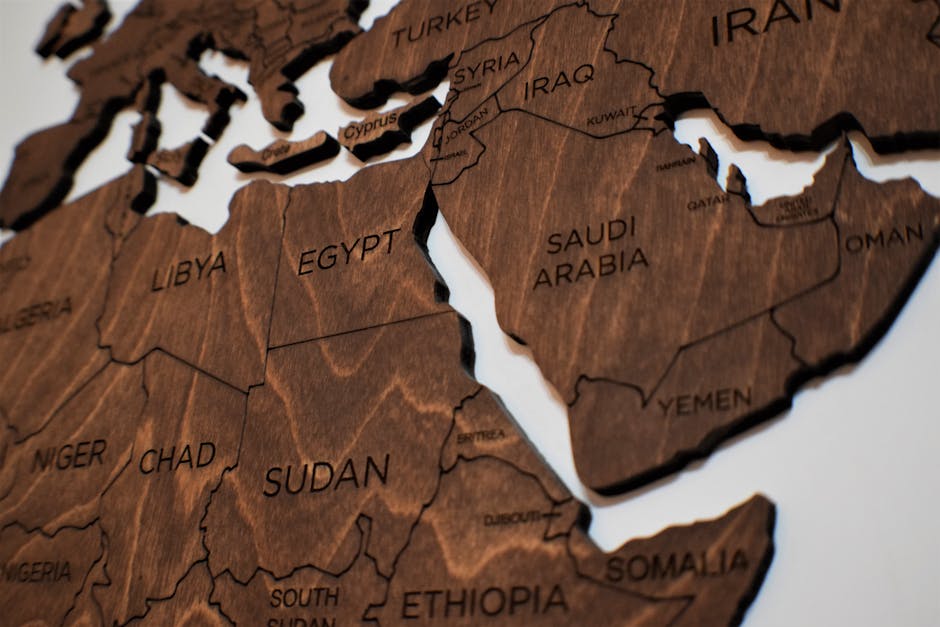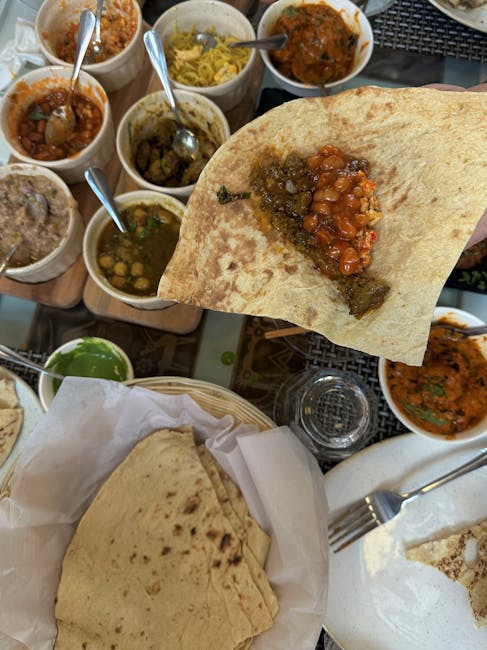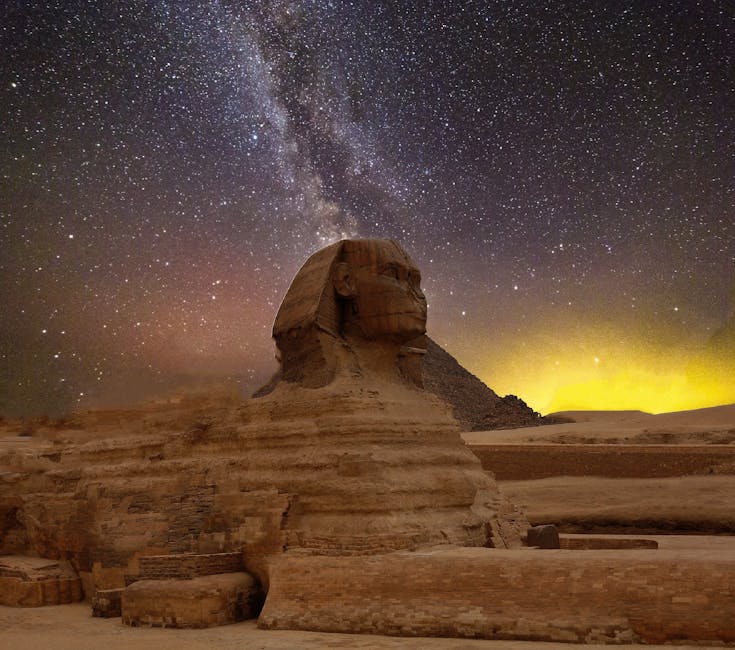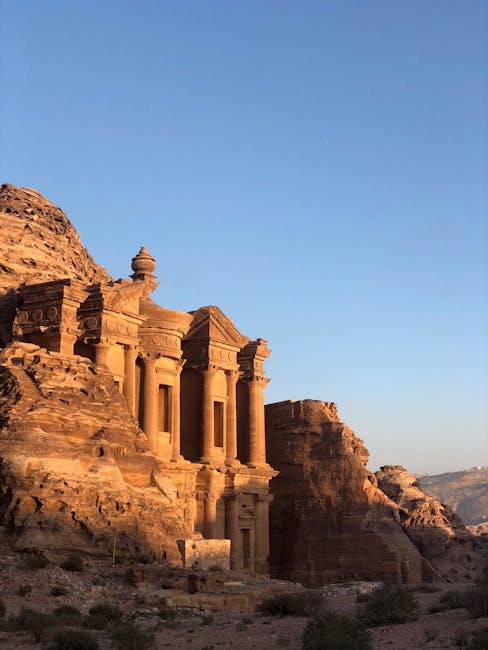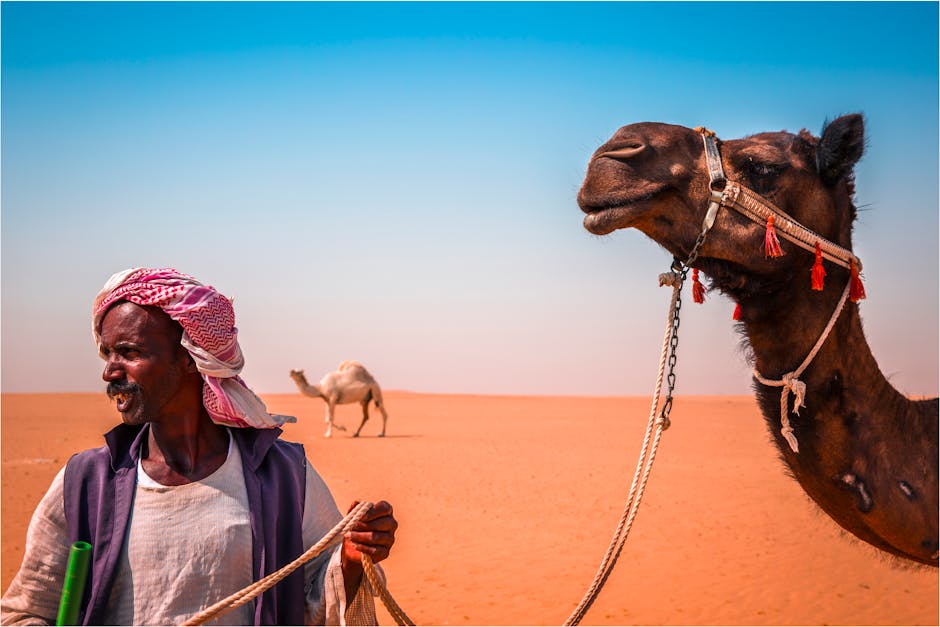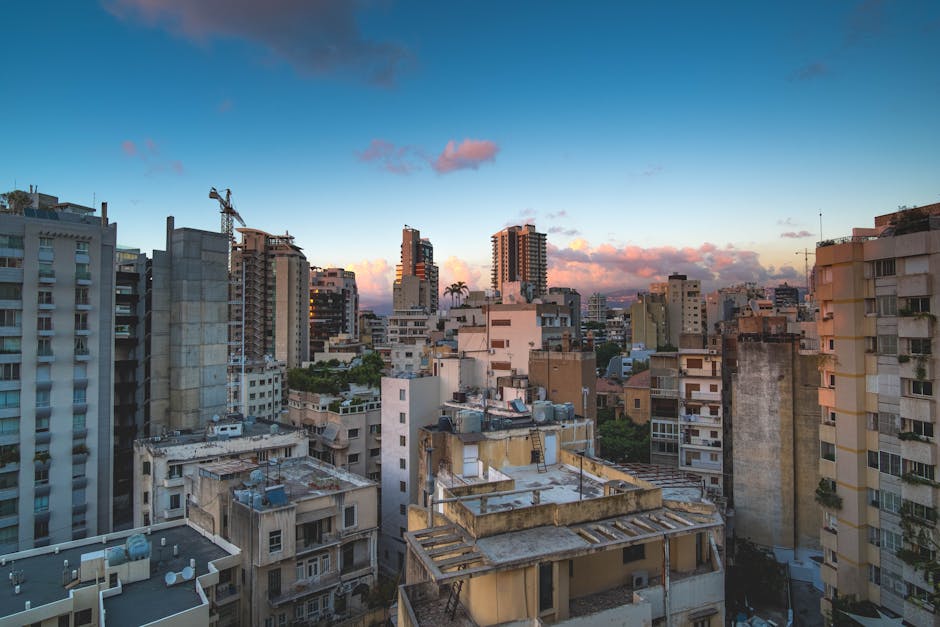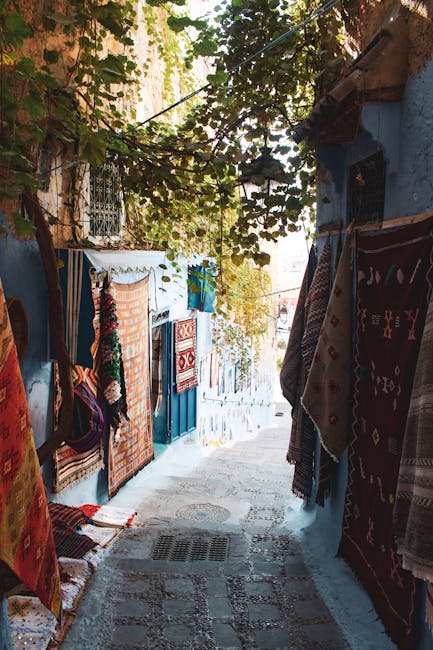Saudi Arabia
Overview
Saudi Arabia: A Cultural Crossroads
Saudi Arabia, a country rich in history and culture, is situated at the crossroads of Europe, Asia, and Africa. Known for its vast deserts like the Empty Quarter, its coastal regions like Jeddah, and its modern cityscapes like Riyadh, Saudi Arabia offers a unique blend of old and new. The country is also the birthplace of Islam, housing the religion's two holiest shrines in Mecca and Medina, which attract millions of Muslim travelers annually. Saudi Arabian culture is deeply rooted in Islamic traditions and Bedouin customs, with Arabic music, poetry, and cuisine playing integral parts in daily life. The country is also undergoing a significant transformation under Vision 2030, an ambitious plan to diversify its economy and open up its society.
Tourism Seasons and Activities
The high season for tourism in Saudi Arabia is during the cooler months from November to March, when the scorching heat of the desert is less intense. This period coincides with several festivals, including the Janadriyah National Festival, a two-week cultural event showcasing Saudi Arabian heritage. Weather during this period is more pleasant with temperatures ranging from 20°C to 30°C. Activities available during this time include desert safaris, exploring archaeological sites, and visiting the bustling souks. The winter season also allows for strolls along the corniche in Jeddah or hiking in the Asir National Park.
Travel Tips and Customs
Before visiting Saudi Arabia, travelers need to be aware of the country's strict laws and customs. Non-Muslims are prohibited from visiting the holy cities of Mecca and Medina. Dress conservatively, with women required to wear an abaya (a long black robe) in public. Alcohol is strictly forbidden, and the possession of it can lead to severe penalties. It's also worth noting that during the holy month of Ramadan, eating, drinking, and smoking in public during daylight hours is prohibited. Visitors are required to apply for a tourist visa before their arrival. It is also recommended to have a basic understanding of Arabic as English is not widely spoken outside the major cities. As with any travel, it is recommended to have travel insurance.
A Glimpse into the Past
Saudi Arabia, a country steeped in history and culture, offers a unique travel experience that intertwines ancient traditions with modern advancements. From its vast deserts to bustling cities, the Kingdom's rich past is palpable in every corner.
The history of Saudi Arabia can be traced back to the early days of human civilization. The Arabian Peninsula was home to ancient tribes, many of whom were nomadic and engaged in trade. The region's strategic location made it a crossroads of commerce, particularly along the famous incense trade routes. Today, travelers can visit Al-Ula, an archaeological marvel that showcases ancient rock art and Nabatean tombs, providing a glimpse into the lives of those who roamed these lands thousands of years ago.
Moving forward in time, the advent of Islam in the 7th century marked a significant turning point in the region’s history. The Prophet Muhammad, born in Mecca, received revelations that would form the basis of Islam. This city, now a pilgrimage site for millions of Muslims worldwide, houses the Kaaba, a sacred structure in the heart of the Masjid al-Haram. Travelers can witness the grandeur of this mosque, especially during the Hajj pilgrimage when it attracts millions of devotees.
The importance of Medina, the second holiest city in Islam, cannot be overstated. It is here that Muhammad established the first Muslim community and where he is buried. The Al-Masjid an-Nabawi, or the Prophet's Mosque, is a stunning architectural feat, complete with its green dome and intricate designs, drawing visitors from around the globe.
The unification of Saudi Arabia in the early 20th century under King Abdulaziz Al Saud transformed the region into a modern state. The discovery of oil in the 1930s fundamentally altered the Kingdom's economic landscape. Today, Saudi Arabia is one of the world's largest oil producers, and this wealth has fueled modernization and development. Travelers can explore Riyadh, the capital city, which blends modern skyscrapers with traditional markets, or souks, where visitors can shop for spices, textiles, and local handicrafts.
One of the most remarkable aspects of Saudi Arabia is its rich cultural heritage, deeply rooted in Bedouin traditions. The hospitality of the Saudi people is legendary, and visitors have the opportunity to experience this warmth firsthand. Travelers can participate in traditional meals, often featuring dishes like kabsa and shawarma, and enjoy local coffee ceremonies, where aromatic Arabic coffee is served alongside dates.
The Kingdom’s landscapes are as diverse as its history. The vast expanse of the Rub' al Khali, or the Empty Quarter, is the largest continuous sand desert in the world. Adventurers can explore its red dunes, either on camelback or in 4x4 vehicles, and witness stunning sunsets that paint the sky in vibrant hues. For those interested in natural formations, the Asir Mountains offer lush greenery, cool climate, and stunning views, contrasting sharply with the arid desert surroundings.
Saudi Arabia is not without its historical sites. The ancient city of Diriyah, a UNESCO World Heritage site, was the birthplace of the Saudi state and remains a symbol of national pride. Visitors can stroll through its mud-brick structures and learn about the history of the Al Saud family and the formation of the Kingdom.
Another significant historical location is Jeddah, the gateway to Mecca. This coastal city has a rich trading history, reflected in its architecture, particularly in the historic district of Al-Balad, where visitors can find beautifully preserved coral houses and bustling markets. Jeddah also boasts a modern waterfront, the Jeddah Corniche, which is ideal for leisurely strolls and offers stunning views of the Red Sea.
As you venture into the Kingdom's northern regions, the site of Madain Saleh awaits. This UNESCO World Heritage site features well-preserved Nabatean tombs, similar to those found in Petra, Jordan. The stunning rock formations and ancient carvings tell stories of a civilization long gone, making it a must-visit for history enthusiasts.
The Kingdom's commitment to preserving its heritage while embracing the future is evident in its cultural initiatives. The King Abdulaziz Center for World Culture in Dhahran offers exhibitions, workshops, and performances that celebrate Saudi culture and arts. This modern institution contrasts with the traditional aspects of Saudi life and highlights the nation’s efforts to foster creativity and innovation.
In recent years, Saudi Arabia has opened its doors to international tourism, welcoming visitors with a new visa program. This initiative allows travelers to explore the Kingdom’s untouched beauty and historical treasures. The government aims to diversify its economy and promote tourism as a significant sector, which is evident in the development of various attractions and experiences.
Adventure seekers will find plenty to do in Saudi Arabia, from diving in the Red Sea to hiking in the mountains or exploring historical forts. The country’s natural beauty and cultural richness provide endless opportunities for exploration and discovery.
In conclusion, Saudi Arabia is a land of contrasts, where ancient traditions meet modernity, offering travelers an array of experiences. From the spiritual significance of Mecca and Medina to the historical marvels of Al-Ula and Diriyah, the Kingdom provides a journey through time. Whether you are seeking adventure, culture, or history, Saudi Arabia invites you to explore its depths and discover the stories that shape its identity.
Top cities for tourists in Saudi Arabia
Discover the Famous Cities That Might Captivate Your Interests
Must-Try Foods You Can't Afford to Miss
Indulge in a Variety of Fantastic Foods During Your Stay in Saudi Arabia
May Be Your Next Destinations
People often choose these countries as their next destination


